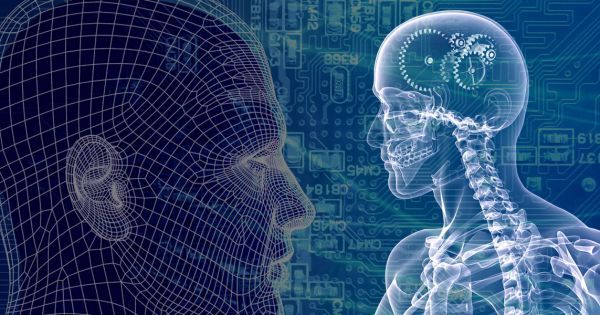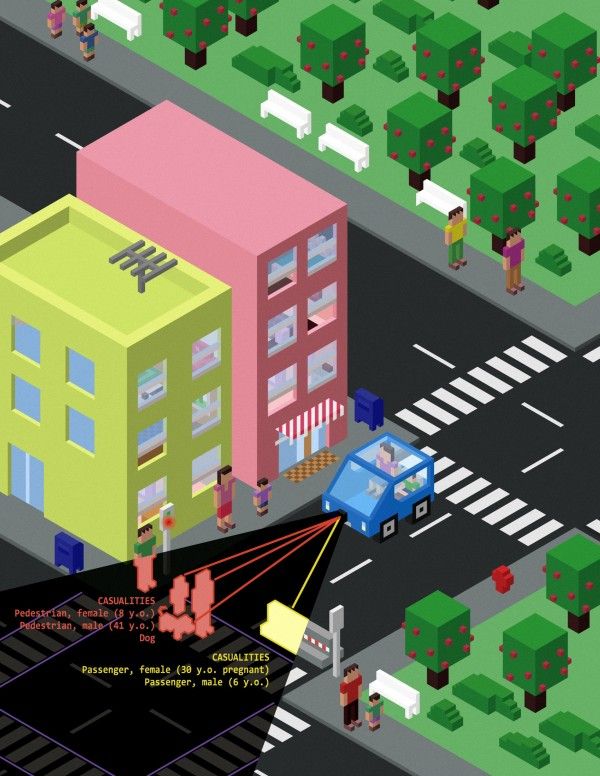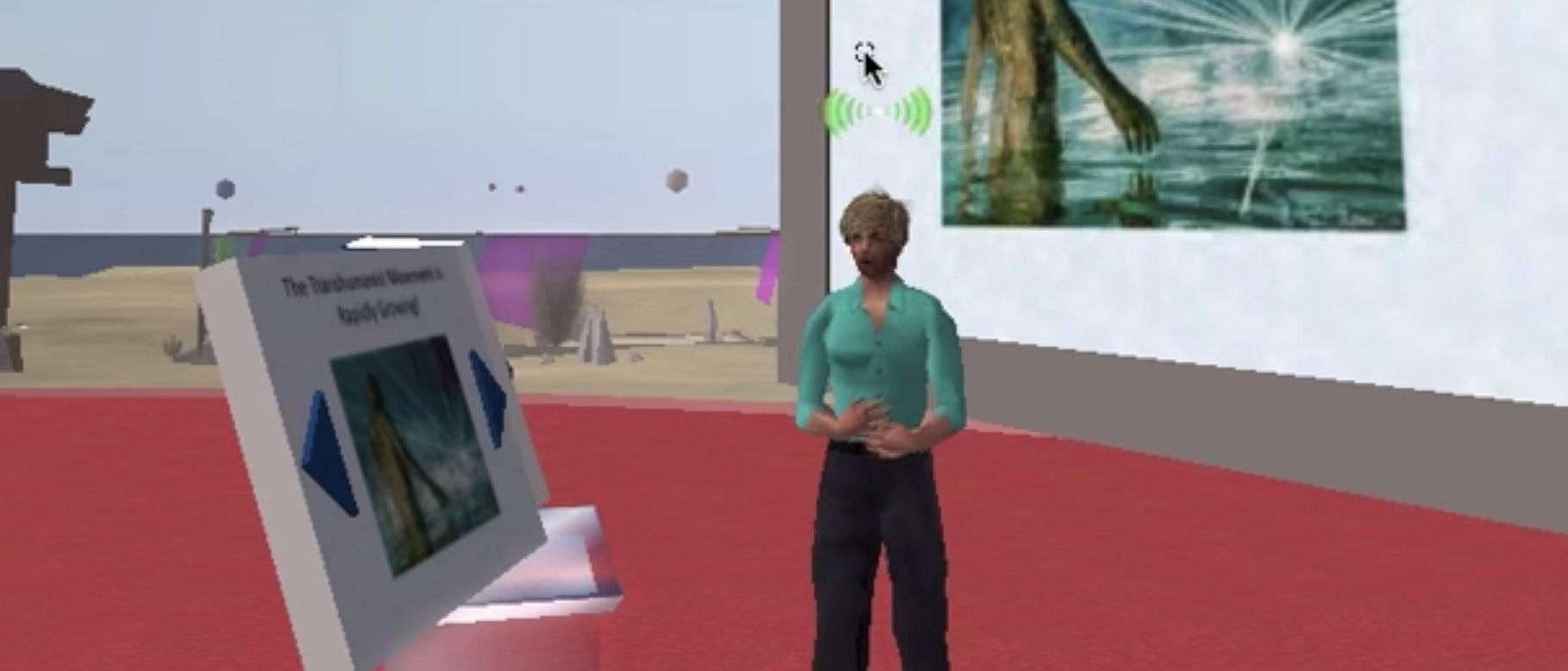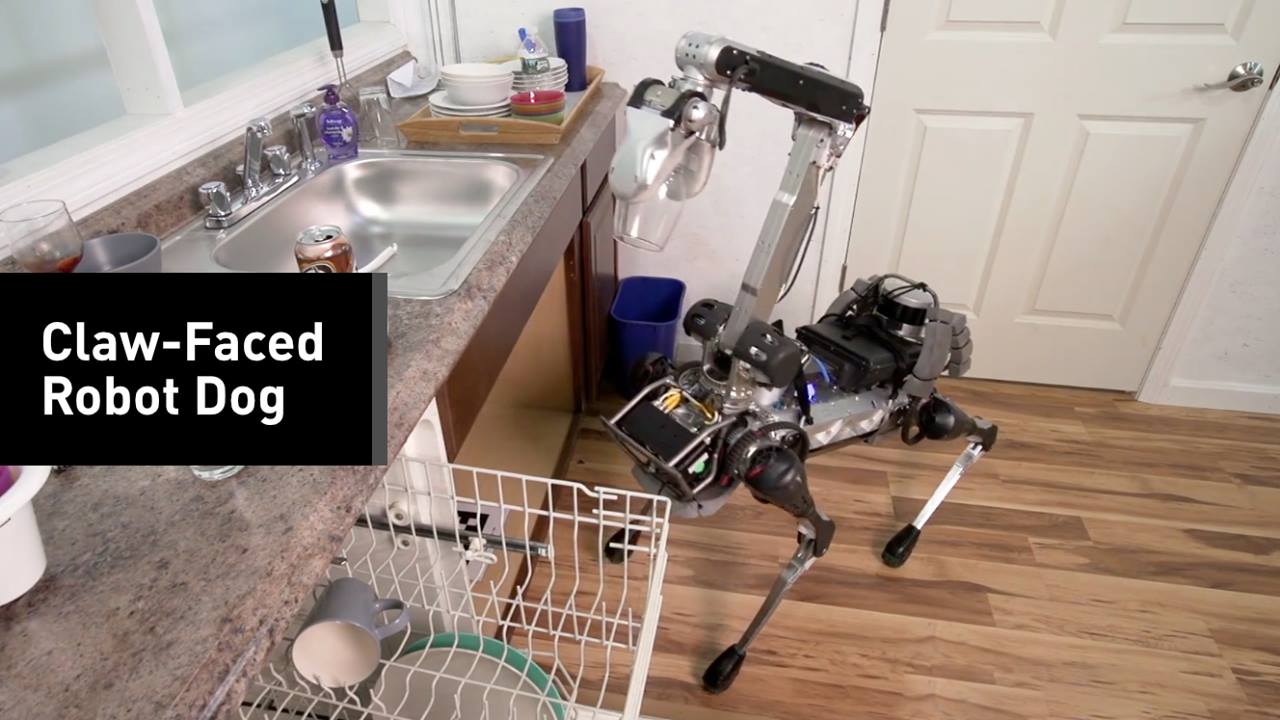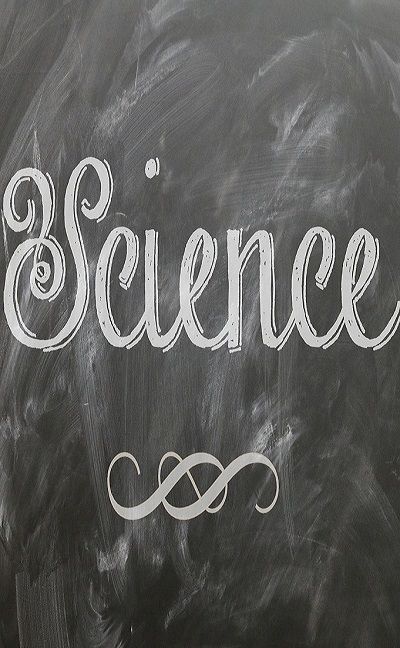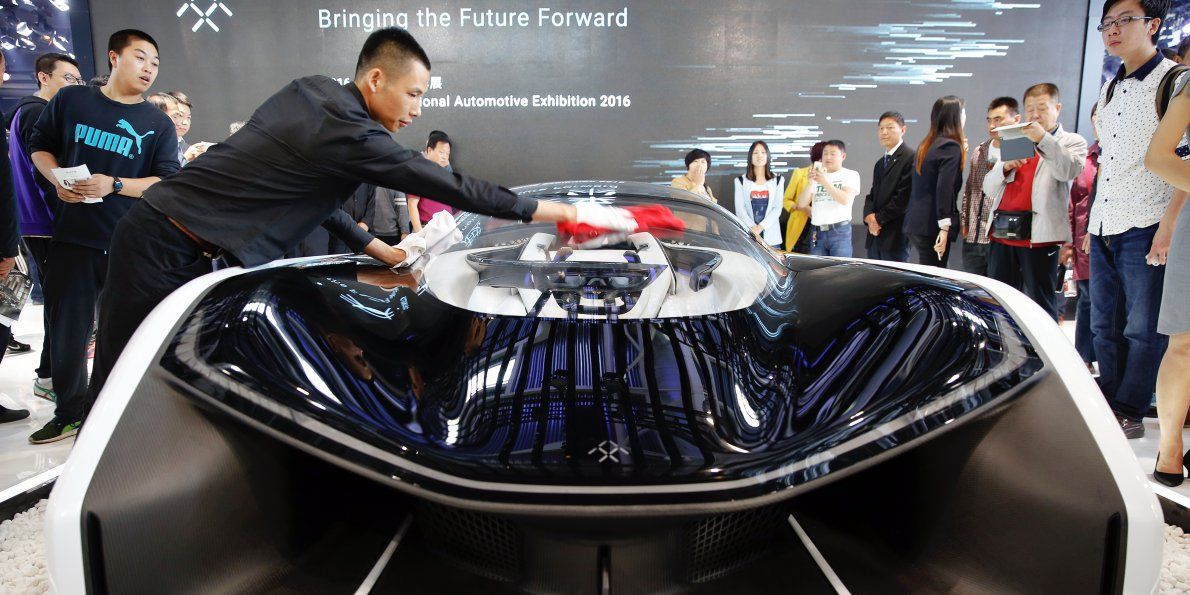My new story for Vice Motherboard on the future of political campaining:
Lest we think future elections are all about the candidates, perhaps the largest possibility on the horizon could come from digital direct democracy—the concept where citizens participate in real time input in the government. I gently advocate for a fourth branch of government, in which the people can vote on issues that matter to them and their decrees could have real legal consequence on Congress, the Supreme Court, and the Presidency.
Of course, that’s only if government even exists anymore. It’s possible the coming age of artificial intelligence and robots may replace the need for politicians. At least human ones. Some experts think superintelligent AI might be here in 10 to 15 years, so why not have a robot president that is totally altruistic and not susceptible to lobbyists and personal desires? This machine leader would simply always calculate the greatest good for the greatest amount of people, and go with that. No more Republicans, Democrats, Libertarians, Greens, or whatever else we are.
It’s a brave new future we face, but technology will make our lives easier, more democratic, and more interesting. Additionally, it will change the game show we go through every four years called the US Presidential elections. In fact, if we’re lucky—given how crazy these elections have made America look—maybe technology will make future elections disappear altogether.
Zoltan Istvan is a futurist, author ofThe Transhumanist Wager, and presidential candidate for theTranshumanist Party. He writes anoccasional columnfor Motherboard in which he ruminates on the future beyond natural human ability.
Topics: the transhumanist wager, politics, Presidential elections, VR, AR, drones, tech, second life, Hillary Clinton, bernie sanders, Donald Trump, America.
Read more
